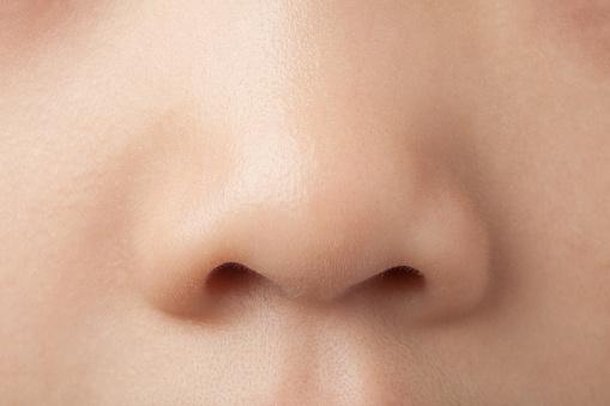
The Ignobal Prize was created by the scientific humor magazine “Annals of Improbable Research” (in Portuguese, “Anais da Pesquisa Improbável”). This honor has been given annually since 1991 to researchers who have achieved “scientific achievements that first make people laugh and then make them think.”
It is clearly a parody of the traditional Nobel Prize. Check out four polls that won this honor in 2023.
1. Chemistry/Biology: Investigate why paleontologists like to lick rocks
(Source: Getty Images)
Jan Zalasiewicz is a paleontologist at the University of Leicester, who won an Ignubell Prize in the Chemistry/Biology category for an article trying to explain why researchers in his field practice the strange habit of licking stones.
As Zalasiewicz writes: “Wetting the surface allows fossil and mineral textures to stand out clearly, rather than getting lost in the blur of minute reflections and minute refractions that intersect as they emerge from a dry surface.” He also says that he once licked a roadside stone and discovered that it was a well-preserved foraminifera.
2. Literature: Researching the feelings resulting from repeating the same word several times

Chris Mullan, Nicole Bell, Marita Turunen, Arina Baharin, and Akira O’Connor investigated the case. “Nunca vu” (the opposite phenomenon to the well-known phenomenon of déjà vu), which relates to a fleeting sense of novelty or unfamiliarity with something that we have used many times before.
They conducted experiments with student volunteers at the University of Leeds, where they had to repeat the same choice of words several times and then describe the sensations they caused. The researchers described the effect as “semantic satiation.” They noted that participants often felt that words lost their meaning or sounded strange after repeating them several times.
3. Medicine: Researching the number of hairs in each nostril

Researchers Christine Pham, Boubak Hedayati, Kiana Hashemi, Ella Tsuka, Tiana Mamagani, Margit Juhasz, Jamie Wickenheiser, and Natascha Misinkowski won the Ignoble Prize in Medicine for somewhat funny research. They examined the bodies to see if there was an equal number of hairs in each nostril.
The study was stimulated by researchers’ interest in alopecia, a condition characterized by the loss of hair, eyelashes, eyebrows, and hair in general. They noted that people with alopecia are more susceptible to respiratory diseases, which can be related to hair loss inside the nose.
For this reason, they conducted a study on 20 cadavers from the UCLA School of Medicine. The scientists counted the hair in each nostril, but they also measured its size. What they found is that, on average, we have about 120 hairs on each side of our nose, which can be up to about 1 cm long.
4. Education: Study increases boredom among teachers and students

Katie Tam, Siania Poon, Victoria Hui, Wijnand van Tilburg, Christy Wong, Vivian Kwong, Gigi Yuen, and Christian Chan won the IgNobel Prize for Education for serious investigation into the effects of boredom in classrooms.
First, in 2020, they ran an experiment in which students and teachers recorded the boredom score of each class in a notebook. What they observed was that the more teachers described instances of boredom, the more frequently it occurred among students, leading to the conclusion that boredom breeds boredom.
In 2023, they published new research describing an interesting experiment: Researchers wanted to determine whether simply expecting class to be boring would turn out to be a kind of achievable prophecy. Finally, they observed that the more students expected the lecture to be boring, the more bored they were afterwards. In other words: the more boring you expect, the more boring the semester will be.

“Web geek. Wannabe thinker. Reader. Freelance travel evangelist. Pop culture aficionado. Certified music scholar.”






